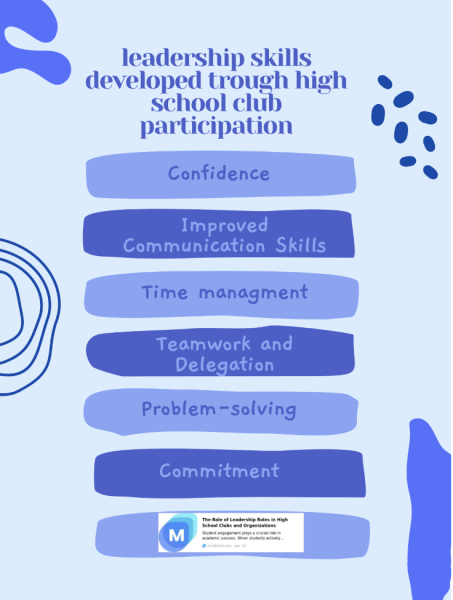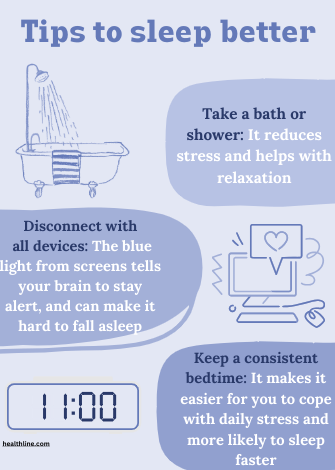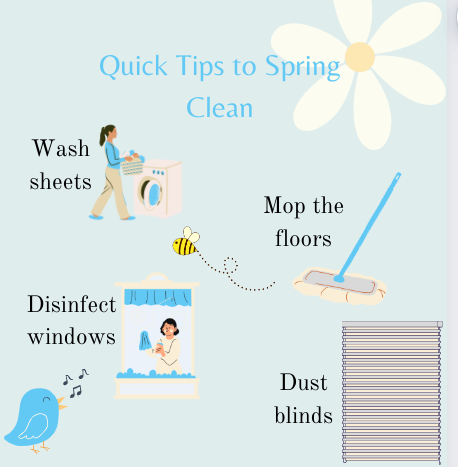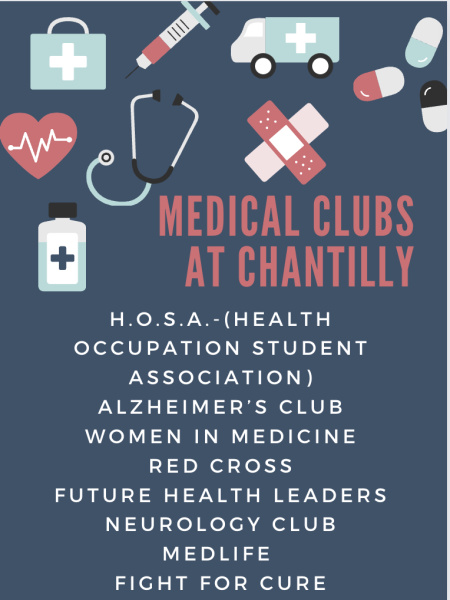Mental health support at school proves beneficial for student success
February 23, 2022
Overwhelming panic and suffering fill the heads of approximately 49.5% of high school students, with anxiety and depression as the culprit, according to the U.S Department of Health & Human Services.
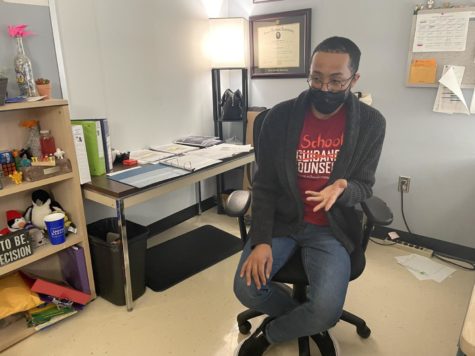
According to Mayo Clinic, some symptoms of depression include poor performance, school absences, significant drops in grades and social isolation. Additionally, the Center for Disease Control’s Youth Risk Behavior Survey showed that 8.9% of high schoolers attempted suicide in 2019.
All of these symptoms can possibly be identified by mental health professionals at school. Having methods of preventative care readily available for students may help reduce the risk of suicide, according to the CDC.
“If you’re having a bad day with depression, it’s helpful to be able to have accommodations to leave your class, speak with your counselor and recollect yourself,” junior Ollie Ray said.
IEP plans and 504 plans are available for students with mental health struggles. Acknowledging a student’s struggles and providing support is the priority of a 504 plan, while IEP’s recognize a student’s disability and help with goal setting. Furthermore, they receive accommodations such as extended time, flash passes which allow students a short break from class, and medication administration.
“So many teachers or counselors are scared of interaction [with students] and they’re so afraid of offending someone, so they don’t say anything,”
— Rubi Cisneros
“I feel like my 504 plan was one of the best things to ever happen to me,” junior Angelina Cisneros said. “I had meetings and I was able to make strategies with the teachers so we could work something out to help me learn.”
Among the 18 mental health professionals in the building, counselors have the most interaction with students. Counselors provide academic advising, a listening ear and confidentiality, excluding safety concerns. Teachers may also give support if they have concerns about a student.
“Teachers are sort of in that perfect position to notice,” school psychologist Kristina Crawford said. “If things seem different about a student, we rely on the teachers to keep us apprised to what’s going on.”
Some students feel that the current support in place is lacking in sincerity and can be insensitive, due to receiving a lack of initiative.
“So many teachers or counselors are scared of interaction [with students] and they’re so afraid of offending someone, so they don’t say anything,” Cisneros said.
While teachers may seem reluctant to interact, they have been instructed to avoid too much engagement and contact the student’s counselor according to Crawford. Giving direct control to a counselor allows a mental health focused professional to resolve the issue.
Fear of judgment is a common reason why students hesitate to get help, according to the Community Reach Center. People recognize the stigma associated with mental illness, and feel ashamed of their struggles.
“You go to a school counselor and you talk about your problems; when I went they focused on my grades immediately and that’s not what a person needs in that moment of distress,” Ray said.
Grounding exercises, deep breathing and meaningful connections with friends can help reduce anxiety at school. Restful sleep and exercise is crucial for an adolescent brain to receive enough oxygen to function at full capacity according to Nemours Children’s Health.
“Whether you have experienced anxiety, depression or another mental health issue yourself, most people know somebody who has, whether it’s a parent, sibling or friend,” Crawford said. “It affects so many people and it’s really something that does need to be acknowledged, as it’s kind of normal.”


